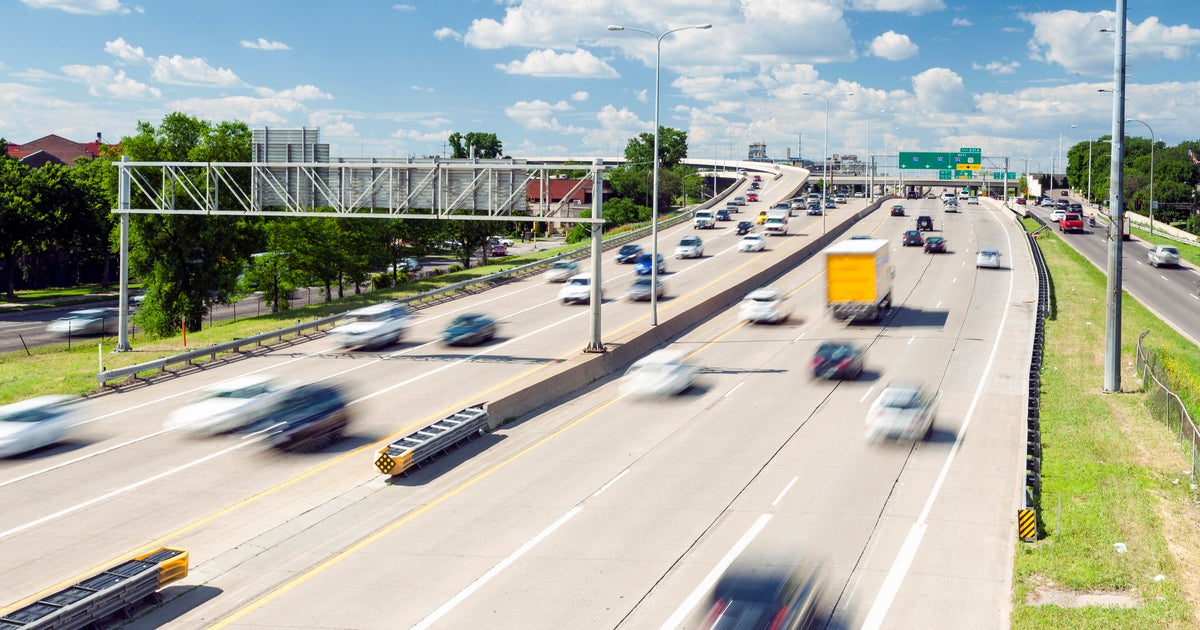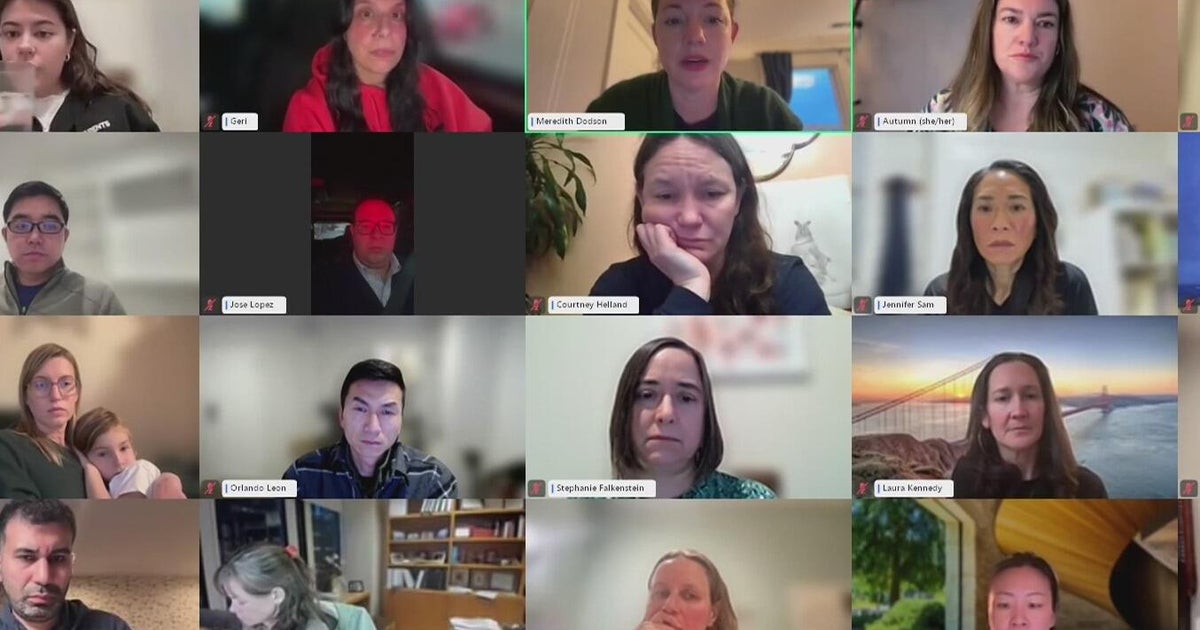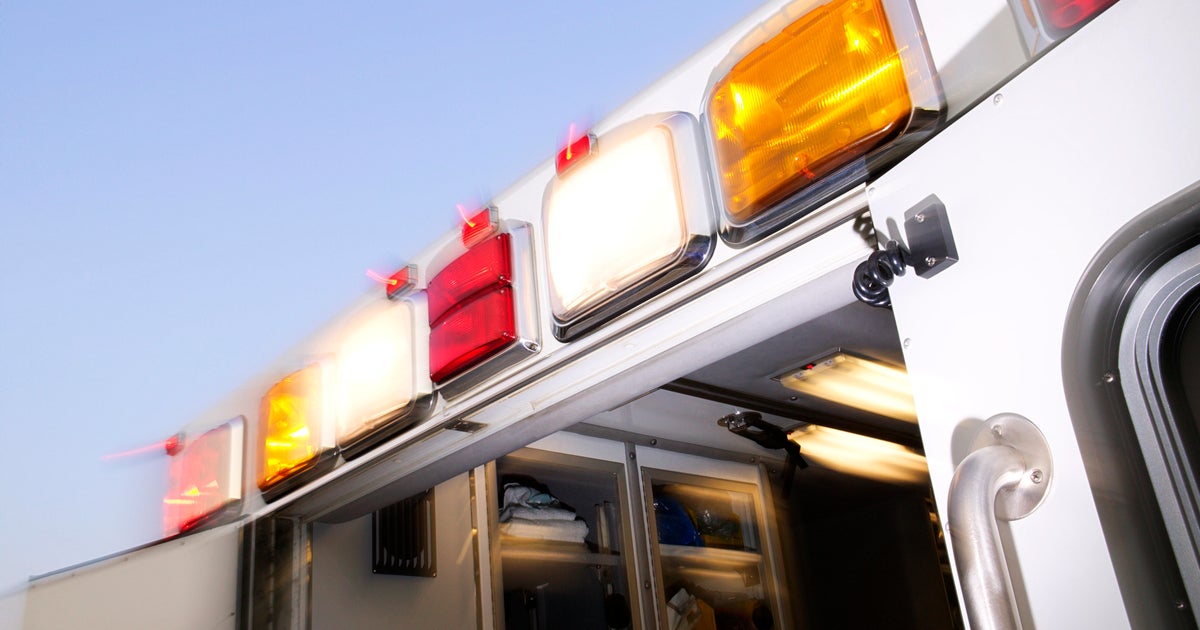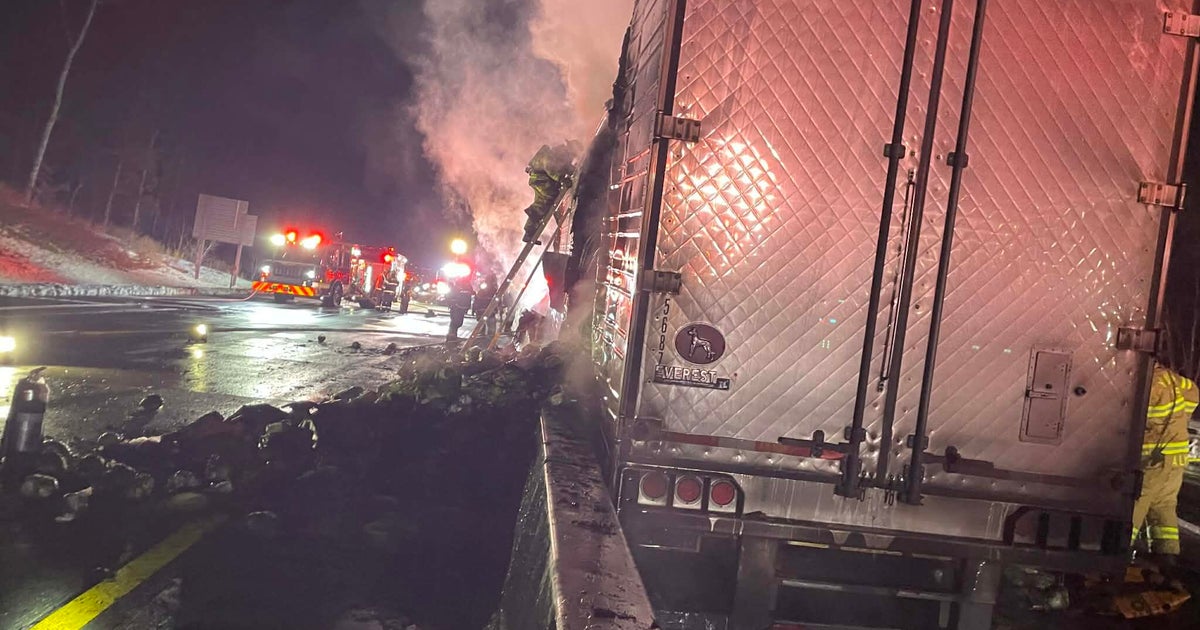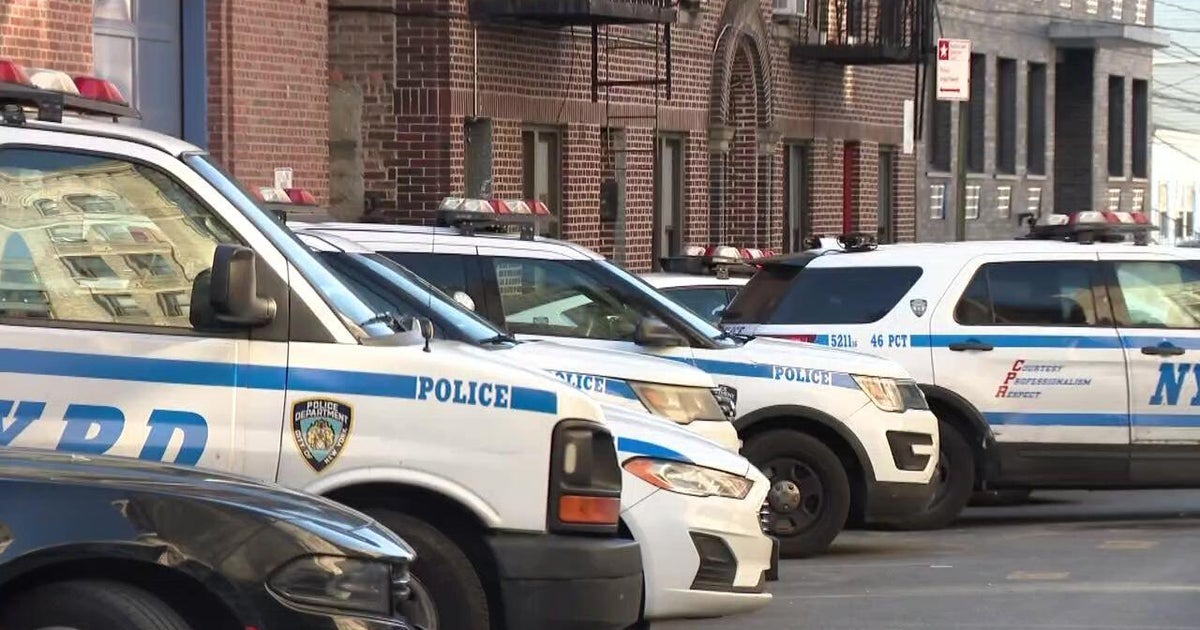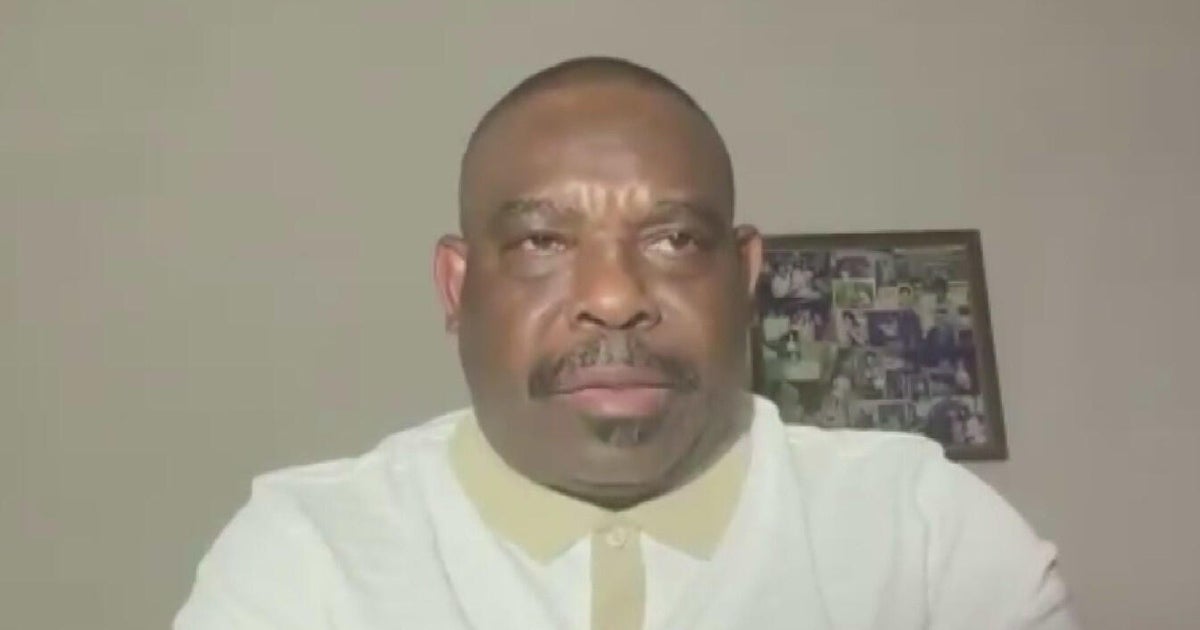CBS2 goes behind the scenes at the NYPD's traffic safety roundtable
NEW YORK -- Driving in New York City is always a challenge, but it will get worse in March as the beginning of Daylight Saving Time changes the evening rush.
The NYPD has a plan, however, as CBS2's Dave Carlin found out when he went behind the scenes at a multi-agency safety session at NYPD headquarters.
When Daylight Saving Time starts March 12, what drivers experience can feel off, and that can translate into injuries and deaths in traffic.
"A person's view is obstructed ... Do you see pedestrians?" said NYPD Chief of Transportation Kim Royster. "Left turns are a major factor to people becoming fatalities ... People are not aware of the A pillar, which causes you to have a blind side when you're making a left turn."
The chief invited us to see the inner workings of NYPD's traffic safety roundtable, packed with a mix of law enforcement experts and Vision Zero leaders.
It was decided, starting now, more officer work shifts slide to cover the moments right before and after sunsets.
Another kind of danger is on the rise.
"What drove our fatalities last year was e-mobilities, scooters ... that have populated our streets since COVID," Royster said.
The department is shifting to spend more time identifying retailers who sell the types of motorized scooters that are illegal, the ones that go faster. More and more, they are used during robberies, relied on for quick getaways.
"We are involved in the actual deployment, and yes, we do shut shut down the highways, the bridges that they may take, as well as the roadways to actually trap them into the area so that we can apprehend them," Royster said.
Seized scooters get crushed.
Also confiscated are ghost cars.
"People riding around the city with fictitious plates, covered plates, and we have really been aggressive," Royster said. "Over 5,000 of these vehicles have been seized, and in addition to that, we have towed about 3,000 of them off the street."
The chief's team monitor social media for any trends glorifying reckless driving, and she considered it a very good thing that more people are getting caught by speed cameras.
"Speed cameras are on 24 hours a day, seven days a week," Royster said.
Many more cameras would make her happy, and more public partners calling in crimes with everybody looking out for each other on streets and sidewalks at all times, in all seasons, the dark and the light.

